Ever since I wrote Lords of the Horizons: A History of the Ottoman Empire, I’ve been brooding. On the face of it the Ottomans had precious little to shout about, though they ruled from the castle at Buda to the deserts of Arabia.
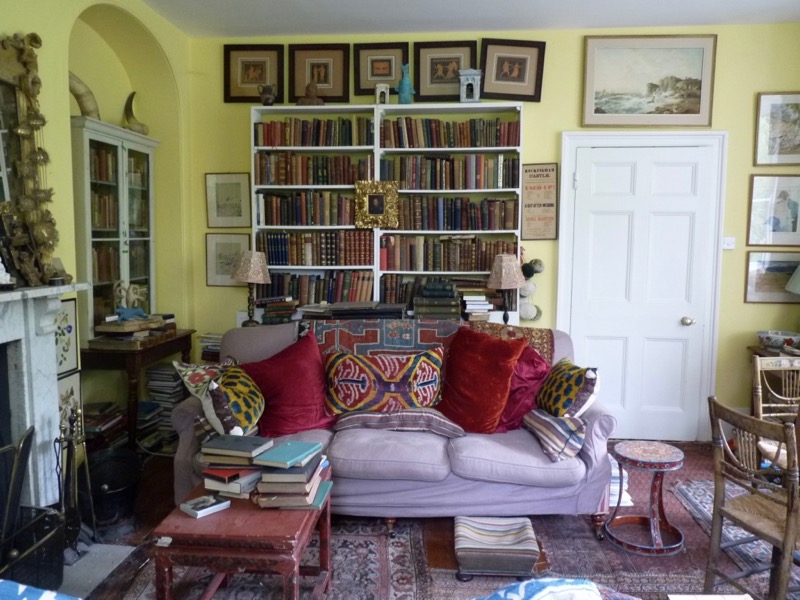
They never embraced democracy or rights for women, nor invented steam power or the internal combustion engine. They made no strides in maths or natural science. They didn’t even print books until 1729, and then only a few commentaries and a Turkish grammar.
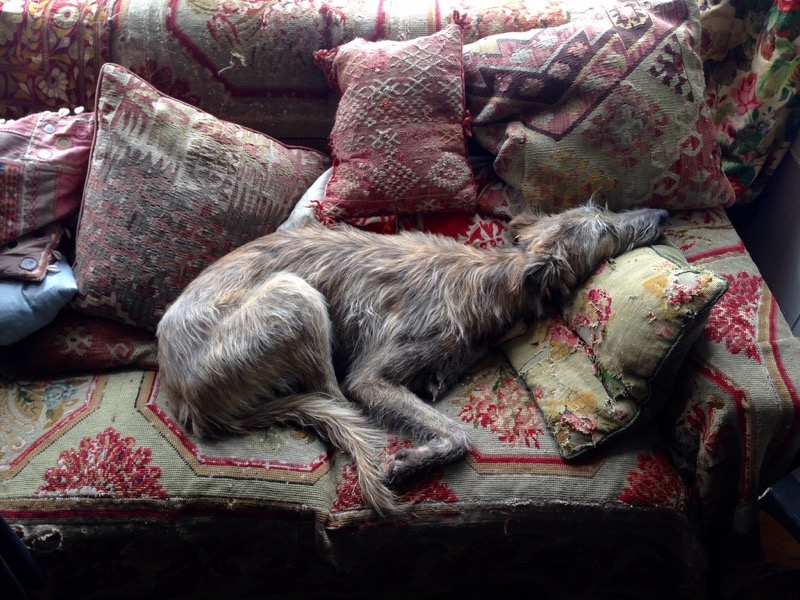
By the 19th century the empire was infested by bandits, inflation was rife, trade was lax and there were at least half a dozen rival versions of the calendar, and even of the clock. Shortly after the end of the First World War it all collapsed, and not with a bang, but a whimper.
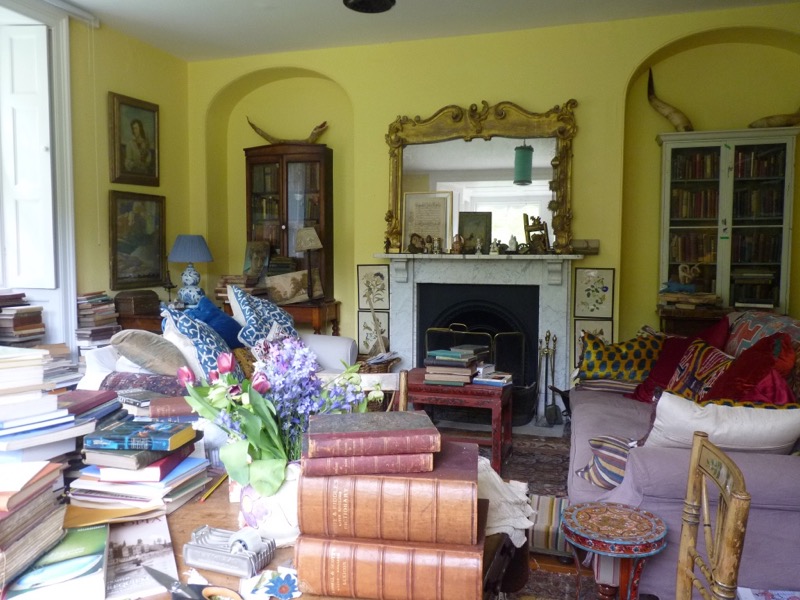
All the same, the Ottomans knew how to live. For centuries they kept the peace. They loved gardens, and picnics. In 1492, they welcomed the Jews expelled from catholic Spain, and cities like Thessalonica became centres of Jewish life. Talent, mixed with a little luck, was allowed to shine, so a poor shepherd boy could rise to run the empire. The law was based on general Islamic principles, but it was contingent on place, faith, and custom, too. For six centuries the Ottomans allowed people to live quietly, eat well, and follow their own gods, rituals and traditions.
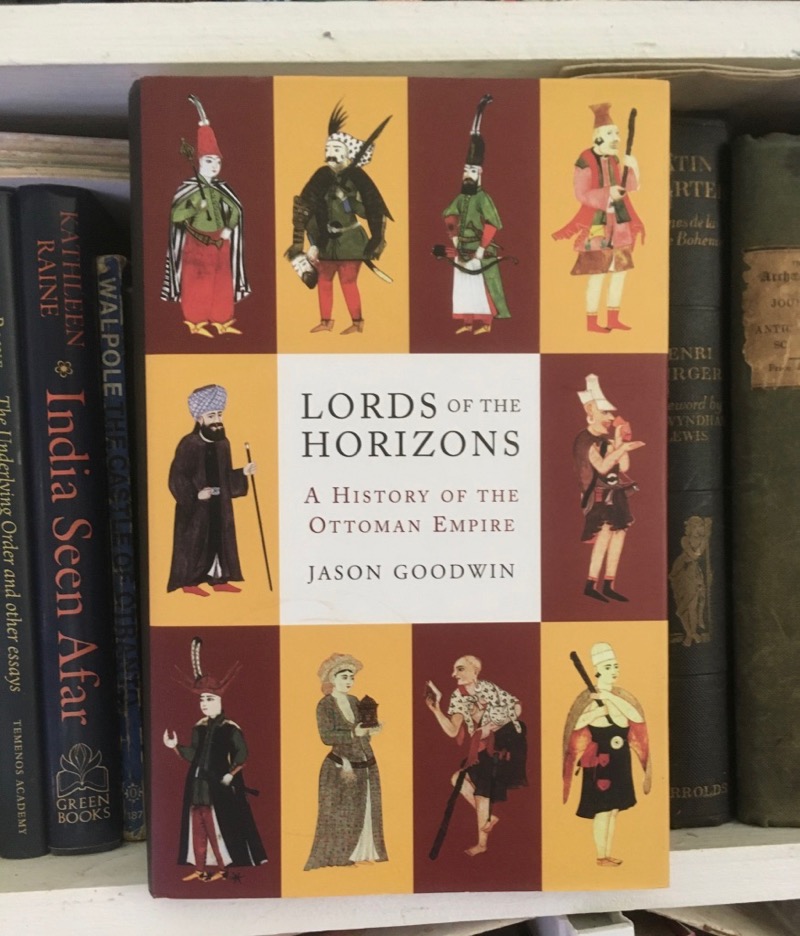
If they were slow to print books, it was only because they illustrated them so beautifully by hand.
During lockdown I’ve thought about the Ottomans a lot. Here is the original hardback. It was Kate’s idea to put the little men on the cover- courtesans and Sufis and Viziers.
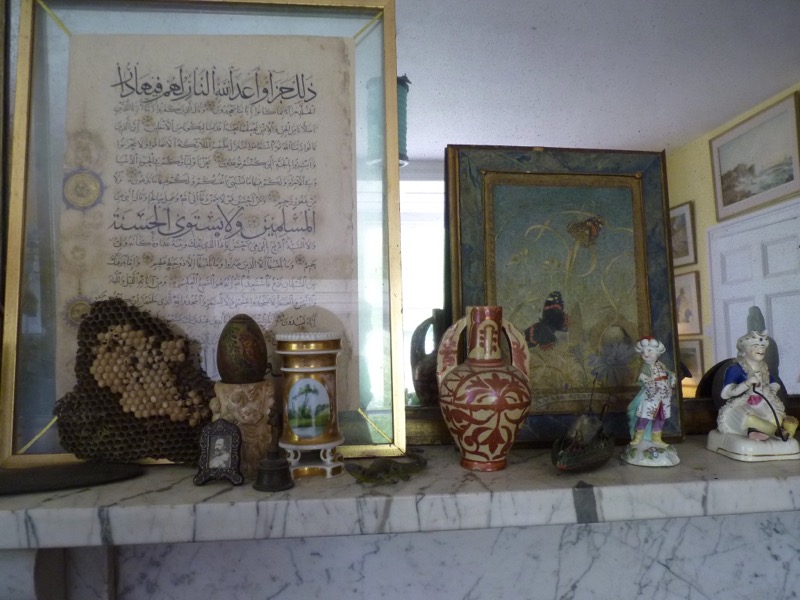
The quiet grace of Ottoman civilisation was best summed up by Edward Lear, who travelled all over Albania and the Holy Land in the 1840s. In Constantinople he apologised for treading clumsily on a pasha’s water pipe. ‘The breaking of a pipe-stem would, in ordinary circumstances, be disagreeable,’ the pasha observed; ‘but in a friend, every action has its charm.’
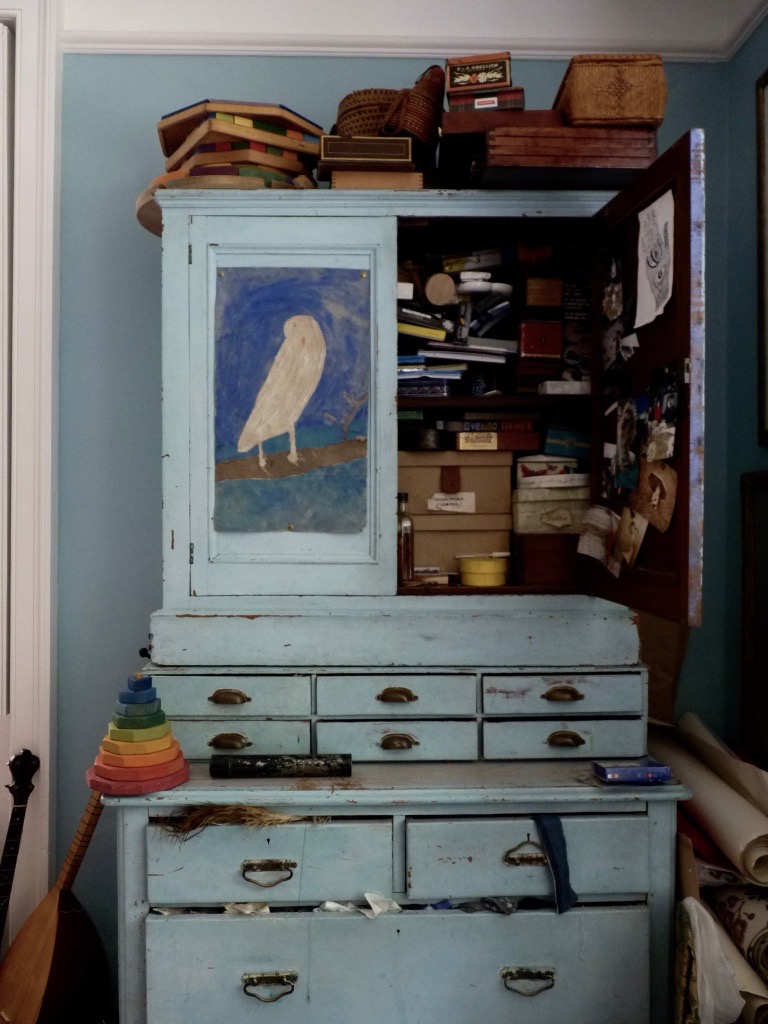
The Ottomans were descended from nomads; we’ve always been a little nomadic, too. We have lived together in thirteen different houses.
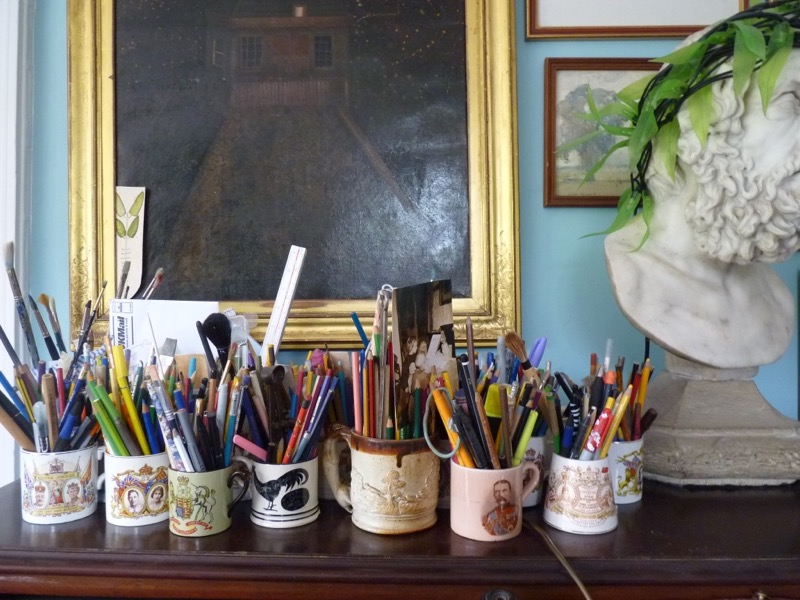
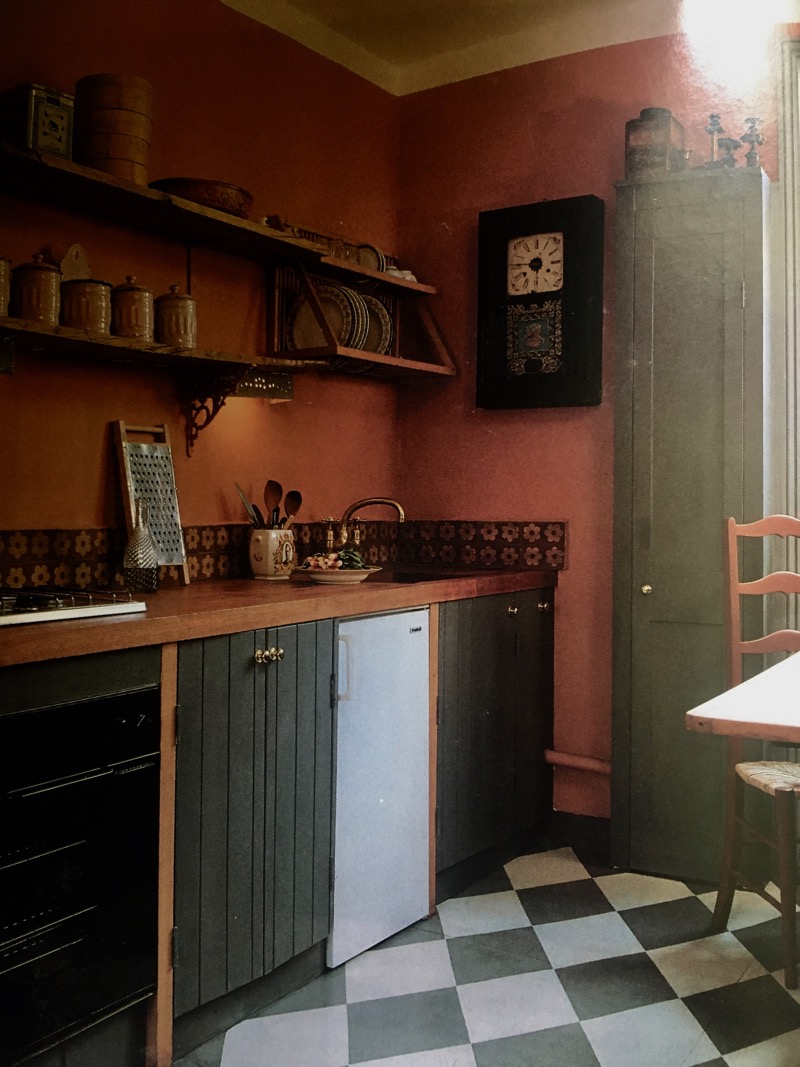
One of our first kitchens was in a trim artisan’s cottage in Bethnal Green which provided my mother Jocasta Innes with a neat shot for her book, The Thrifty Decorator.
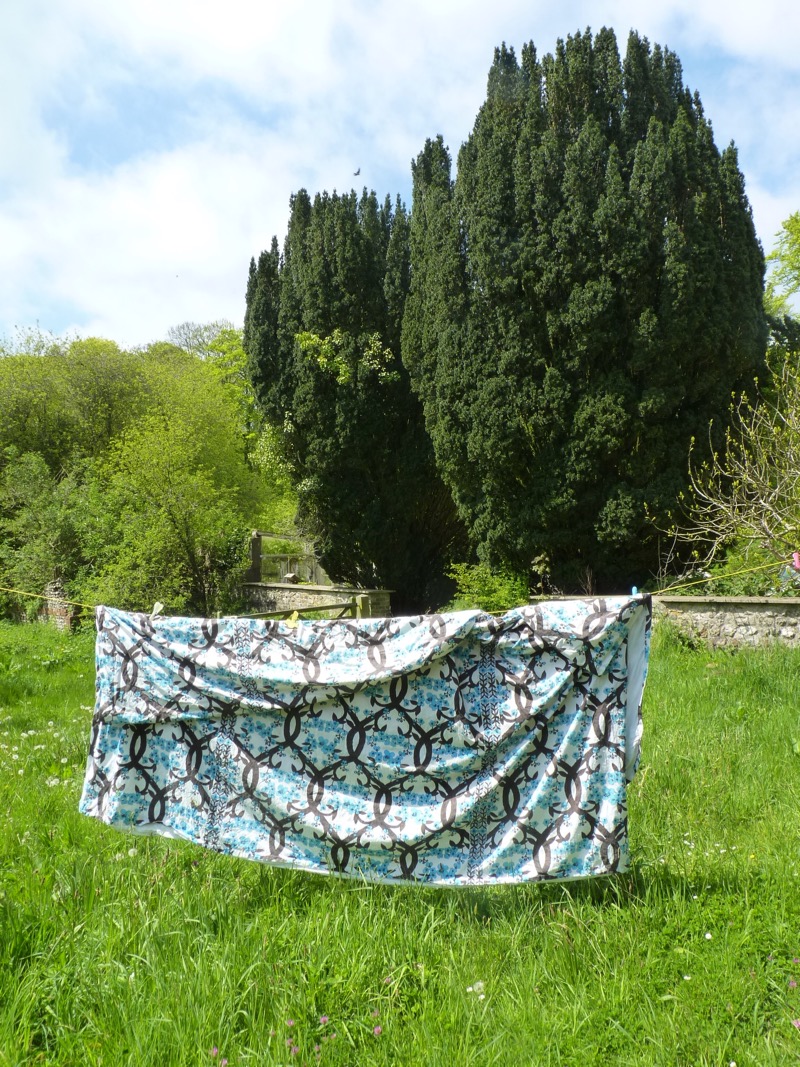
We soon moved out to the country.
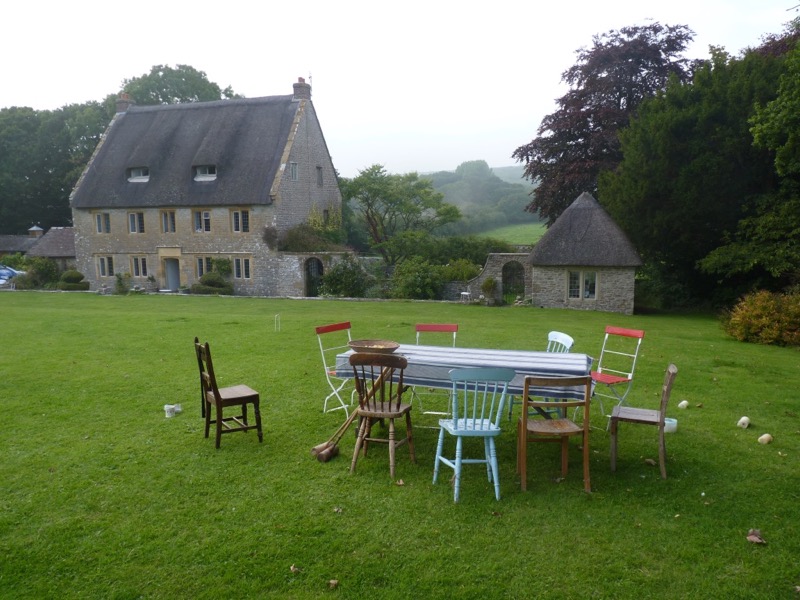
This is in Dorset.
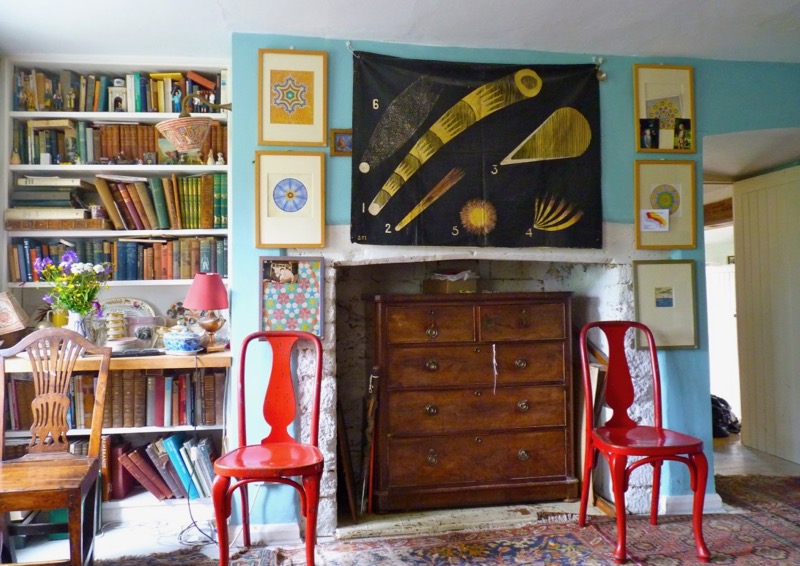
Ben Pentreath put this house – our last but one – in his book, English Decoration, pointing out Kate’s ability to make it look as though we’ve lived there forever.
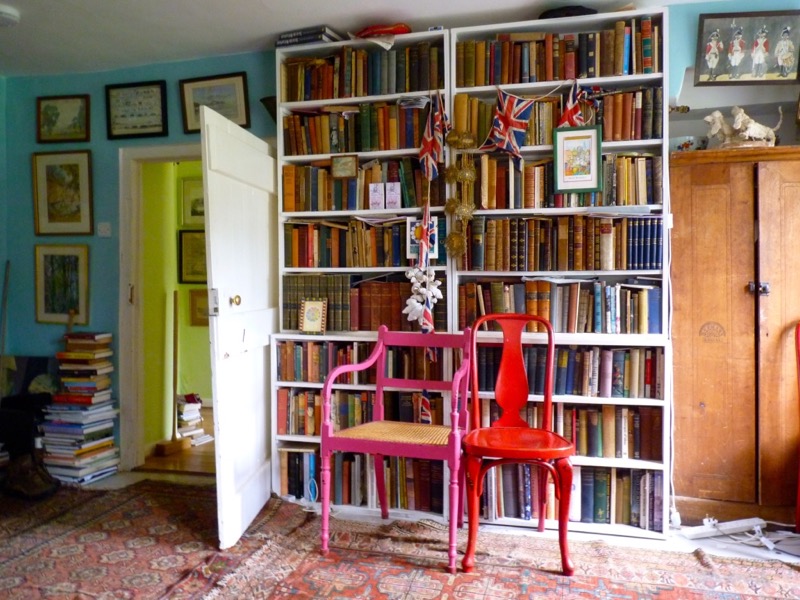
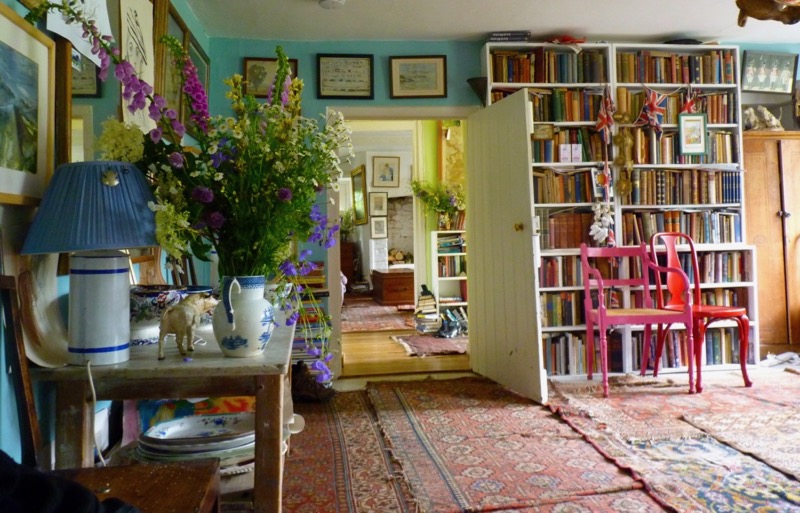
The blue lamp is a tea caddy, one of two I once bought from a loose tea shop in Nanjing.
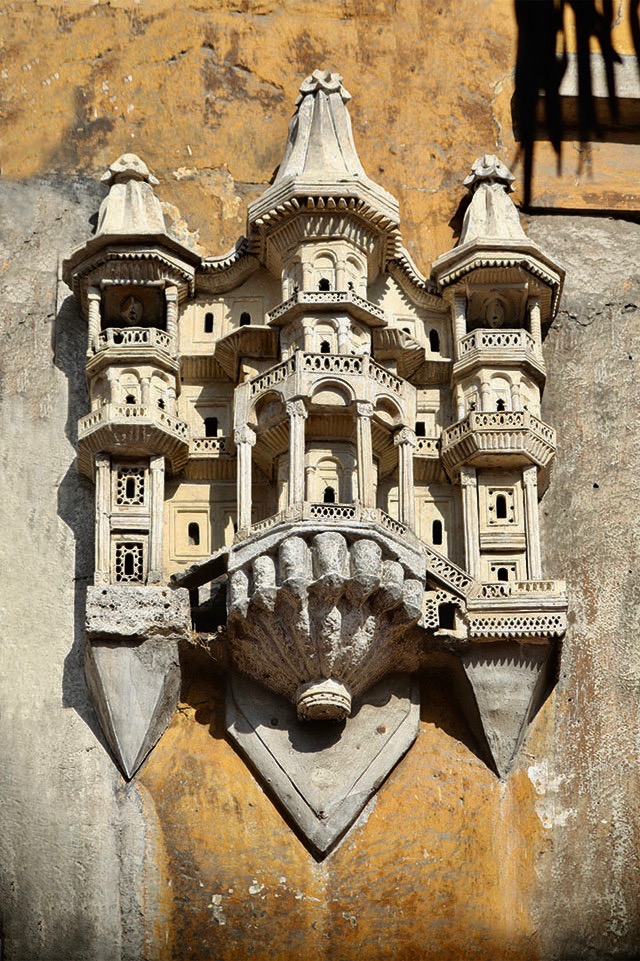
Ottoman architecture can be terribly grand – all those domes and baths and mosques – but the detail is sometimes fabulously domestic, too. This is a little birdhouse, built on the wall of a mosque in Uskudar.
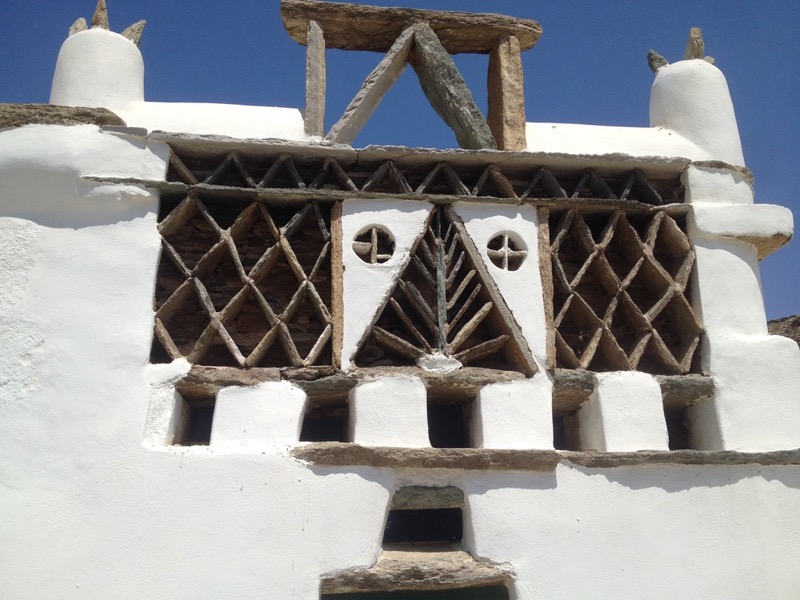
And another here, in a house on Tinos where we went a year or so back:
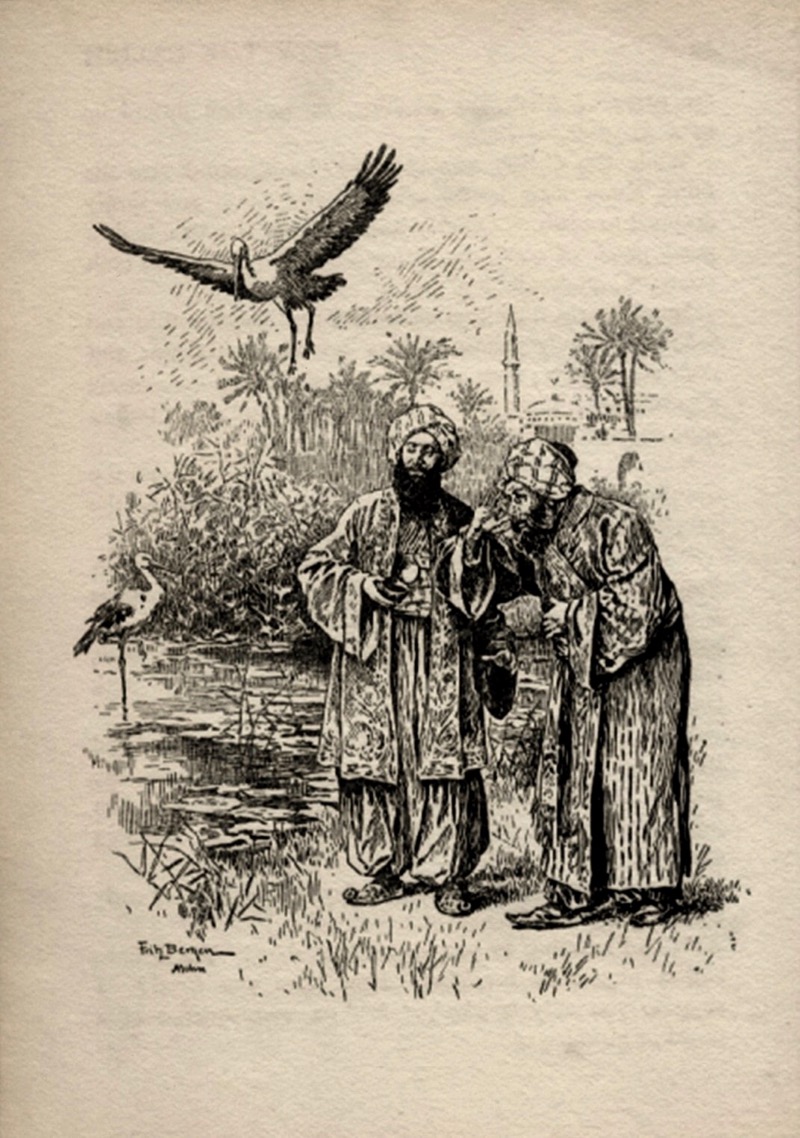
I wish all architects would pin a picture of those pigeon holes to the top of their computer: every building should be made fit for animals to live in, whether eaves for swallows, or wainscots for mice.
The world’s first animal hospital was a refuge for migrating storks in Bursa. It is still there. Its terribly important to look after your animals
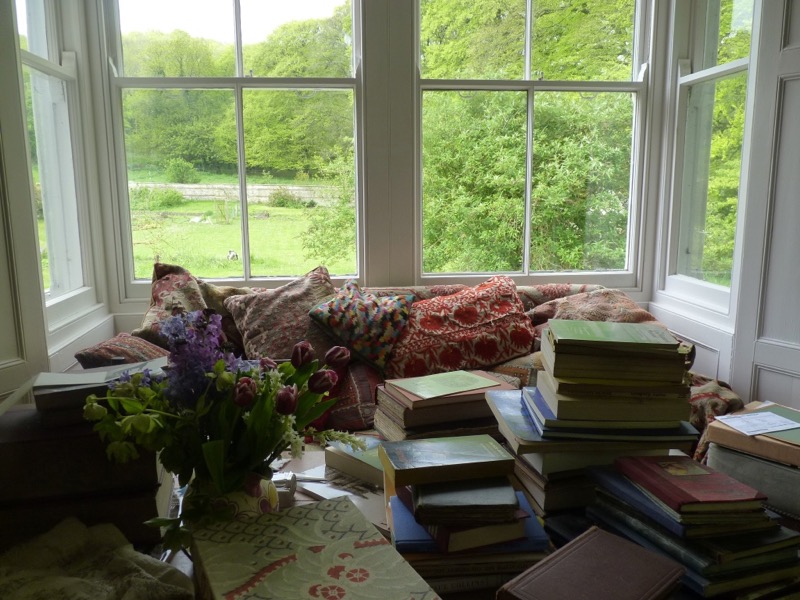
This is our sitting room.
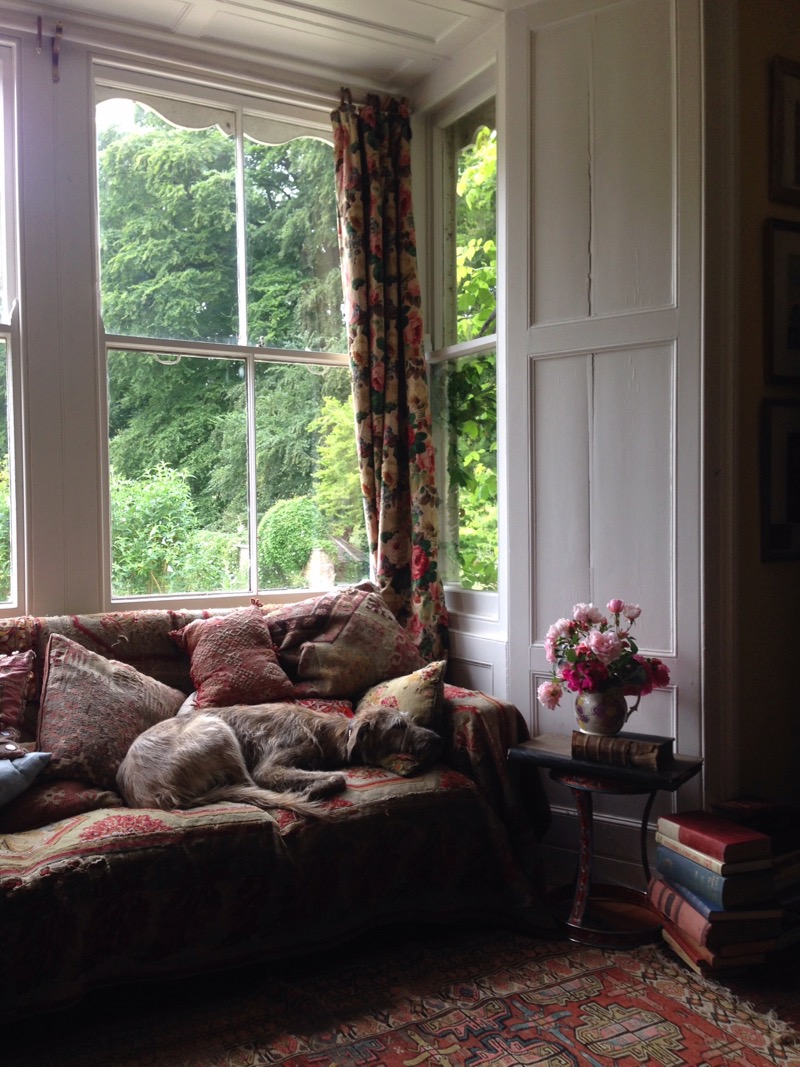
When the Victorians threw out the windows, they re-used the old Georgian shutters to make the surrounds, and you can just see the ceiling. Repurposing stuff was an Ottoman thing, too, hence Hagia Sophia, and any number of Byzantine churches that were adapted as mosques.
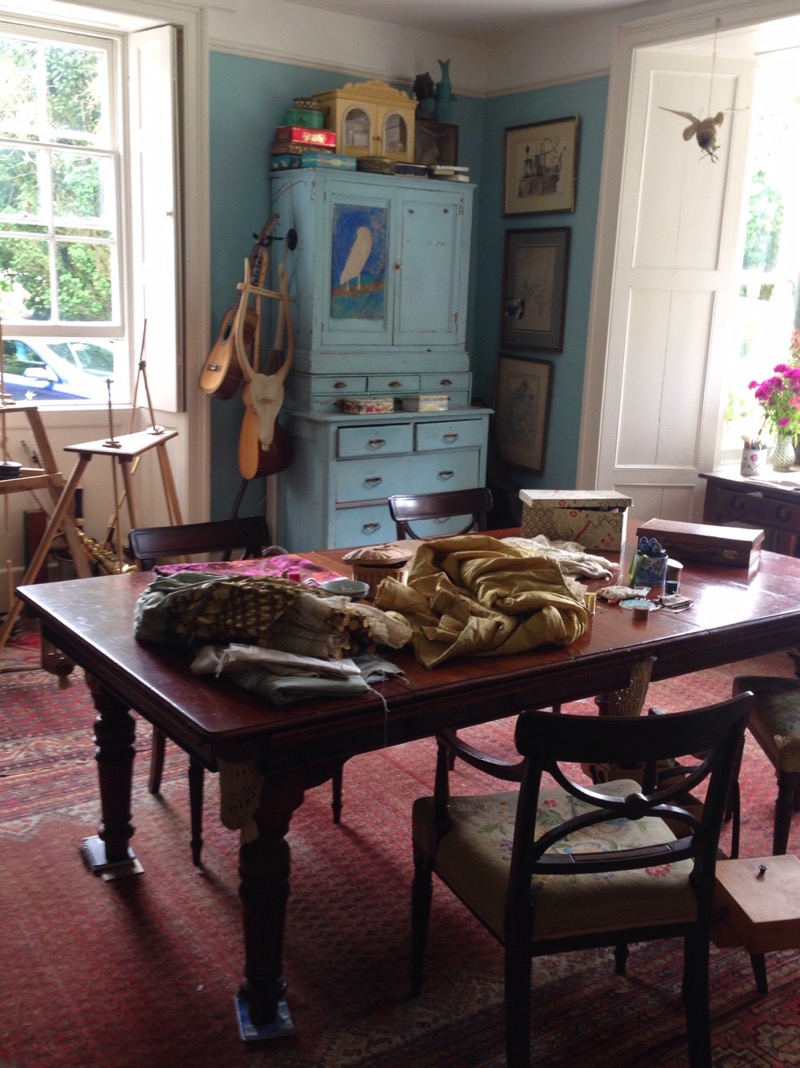
The table in our dining room is a billiard table. Nobody seems to want them any more – I think Kate got this one for a fiver.
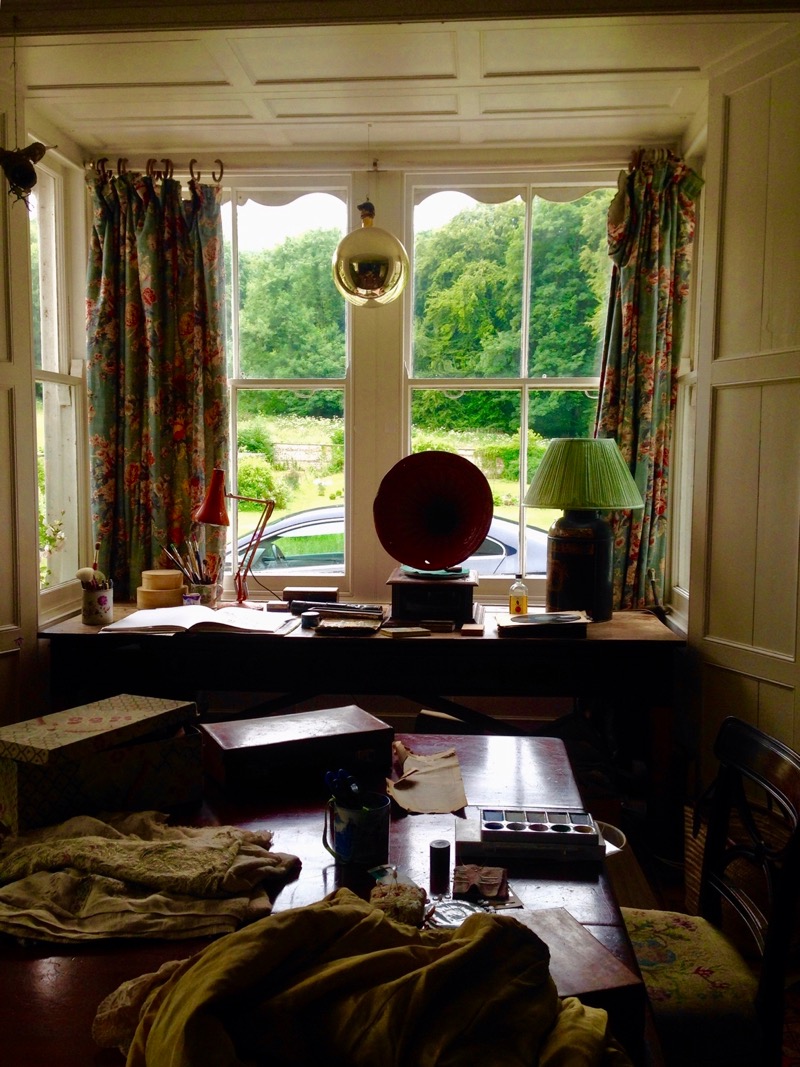
There isn’t anything very Ottoman going on here, except the witches’ ball. The Ottomans were quite as superstitious as the rest of us. Superstition is, I think, an expression of sensitivity.
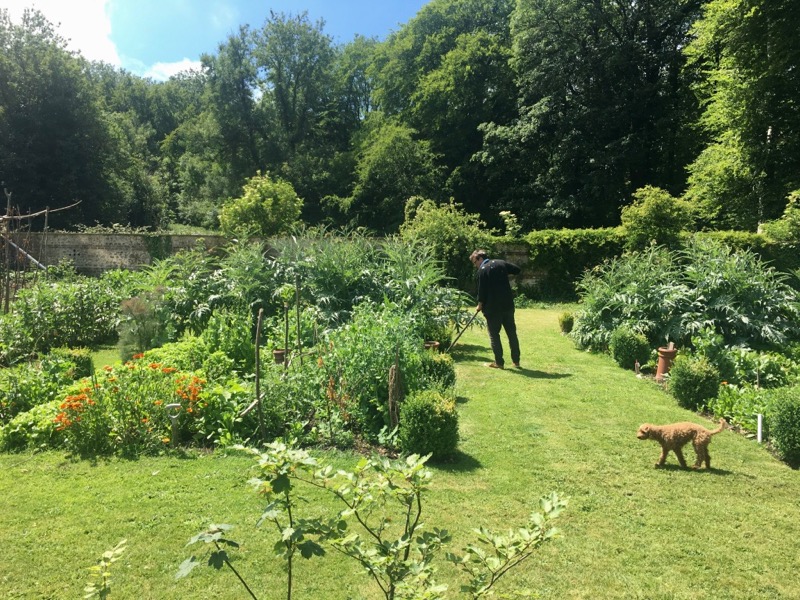
Everyone knows that Voltaire’s Candide ends with the injunction to cultivate your garden, but you might not remember that this solution is provided by an Ottoman gentleman farmer who greets the travellers on their way out of Istanbul. I think of gardening not as a retreat, but as a form of attack. It’s an attack on those internationally traded, air-freighted, seasonless commodity foods and ho! for local and organic, like the Ottomans. Most of their great men started life as simple peasant boys, tending goats on a Balkan hillside somewhere. They knew the basics, and why they mattered.They took things more slowly, as we should learn to do.
More and more I think that’s the only way forward. We have to take charge of what we eat, and reject all that supermarket pap. Write immediately to your MP and ask them to vote against the amendment to the Agriculture Bill which would allow the import of food produced to lower standards than ours.
I’ve joined the Landworker’s Alliance, which runs Farmstart to help people without capital or connections get a start in farming on a small scale. So many industrially farmed acres of land could be broken up and worked by enthusiastic horticulturalists. We need a peasantry again, as wise people have always suggested. One of them was HJ Massingham. I wrote about him recently in my column on Country Life
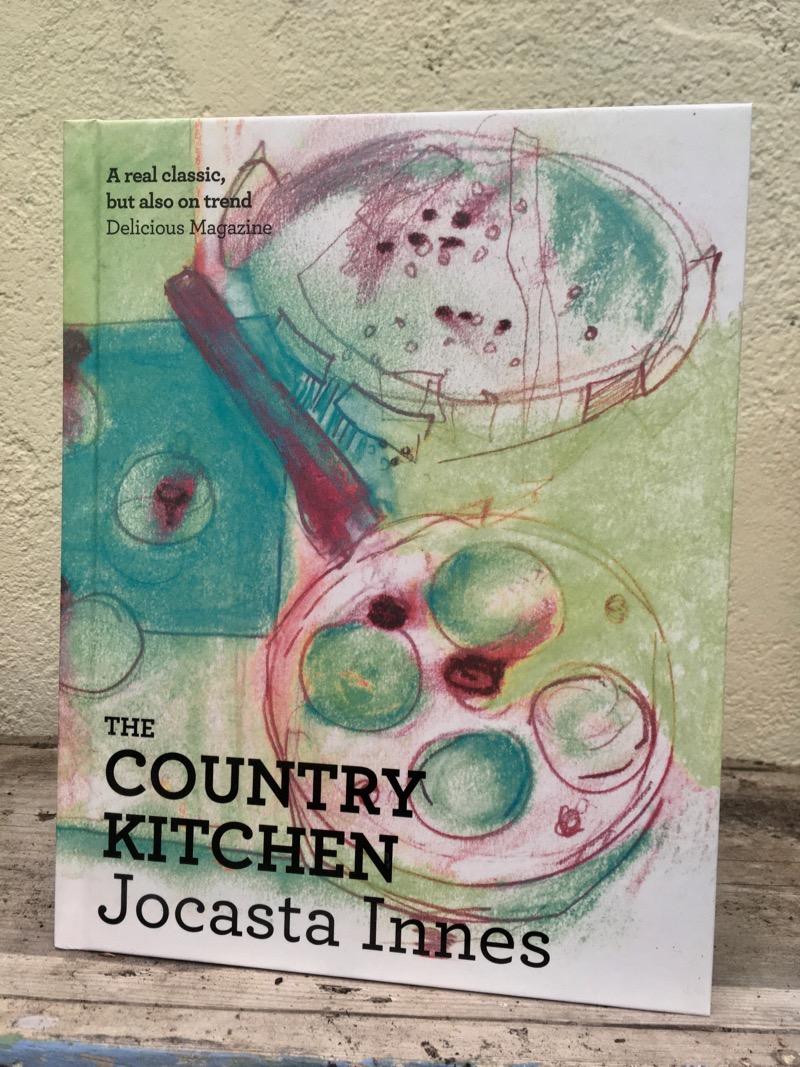
My mother described herself as a peasant, by nature; and a greedy one – that was why she was such a good cook. She wrote several cookbooks after The Pauper’s Cookbook, and the one she loved best was The Country Kitchen: we re-published it last year. Isaac did the layout and we did the pictures together and we used a drawing by Kate for the cover
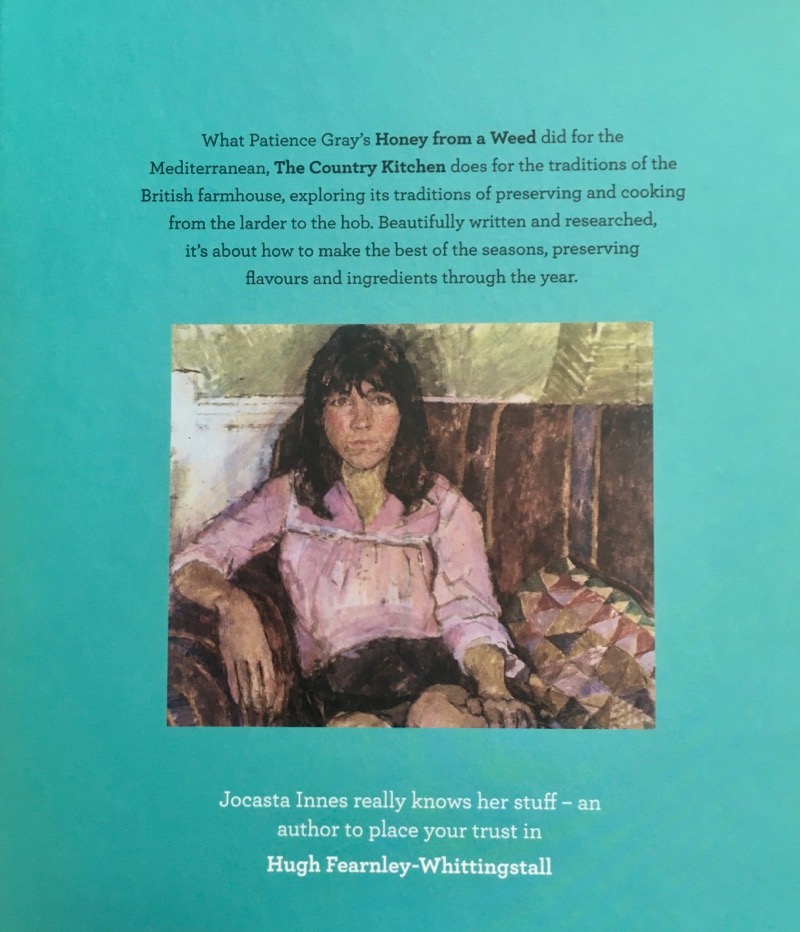
It’s a book about making things, getting stuck in. On the back, a painting of Jocasta in her surly twenties, by Caroline Hill.
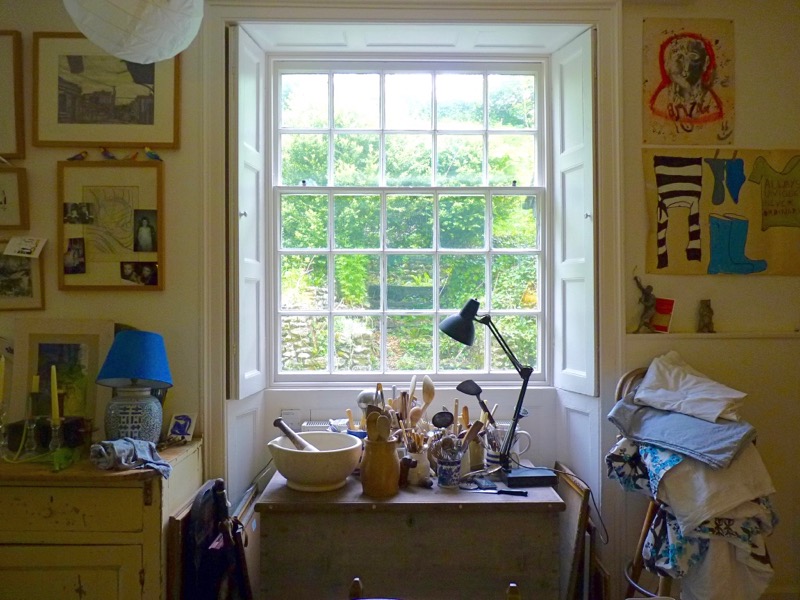
Kitchen battery
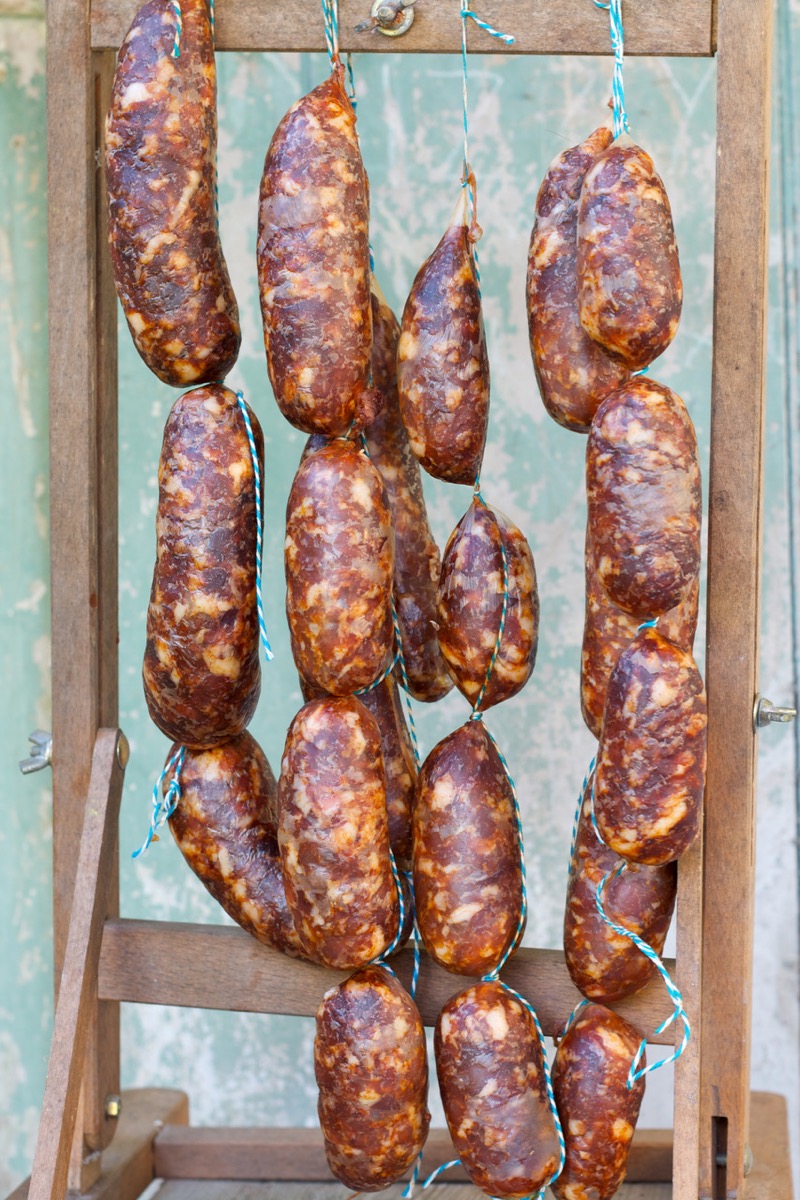
Here are our Argentinian chorizo sausages, made to my grandmother’s recipe (Eileen was an excellent cook, raised on the pampas)
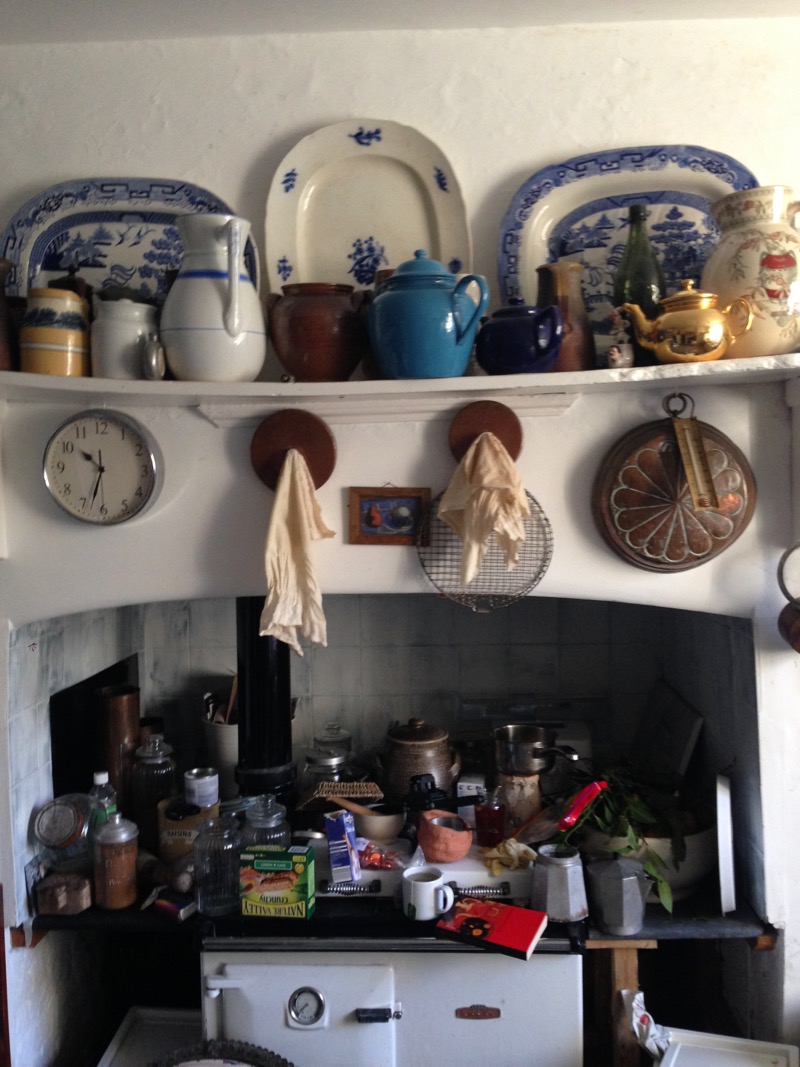
Back kitchen

The recipe for making beer in that book inspired Isaac to start brewing; he and Harry have a real knack for it. They set up St Bride’s Brewery, and instantly won Gold in the Taste of the West awards for their Bridport Stout, @stbridesbrewery on Instagram.

In the Ottoman spirit of self-sufficiency, making things, and keeping it all simple, we have been busy this Spring making hens, for instance:

while building a clay oven
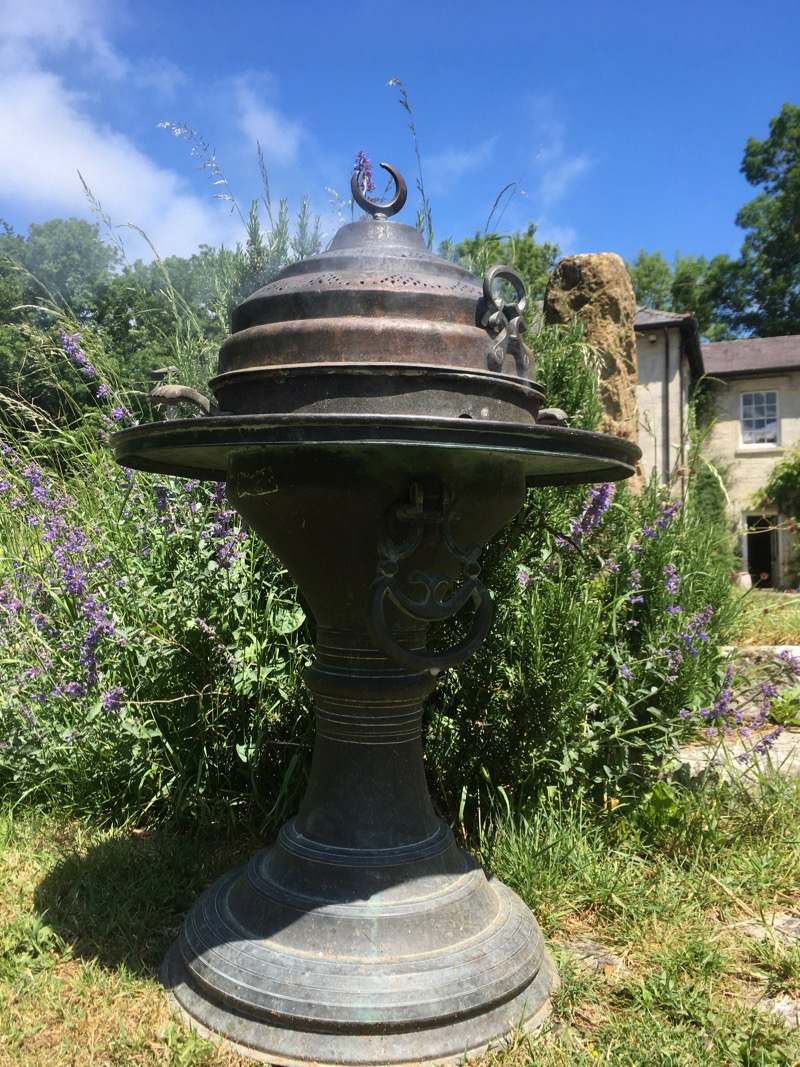
and even making charcoal (on an Ottoman brazier)
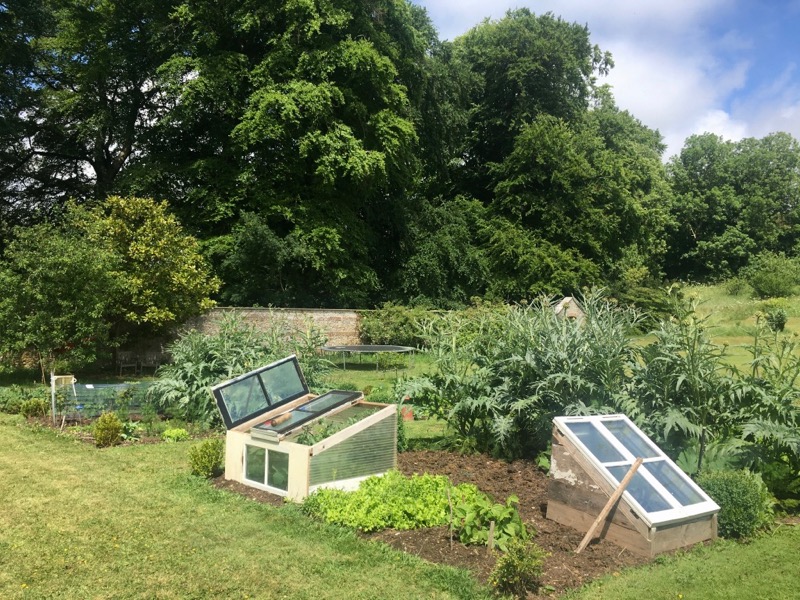
and cold frames
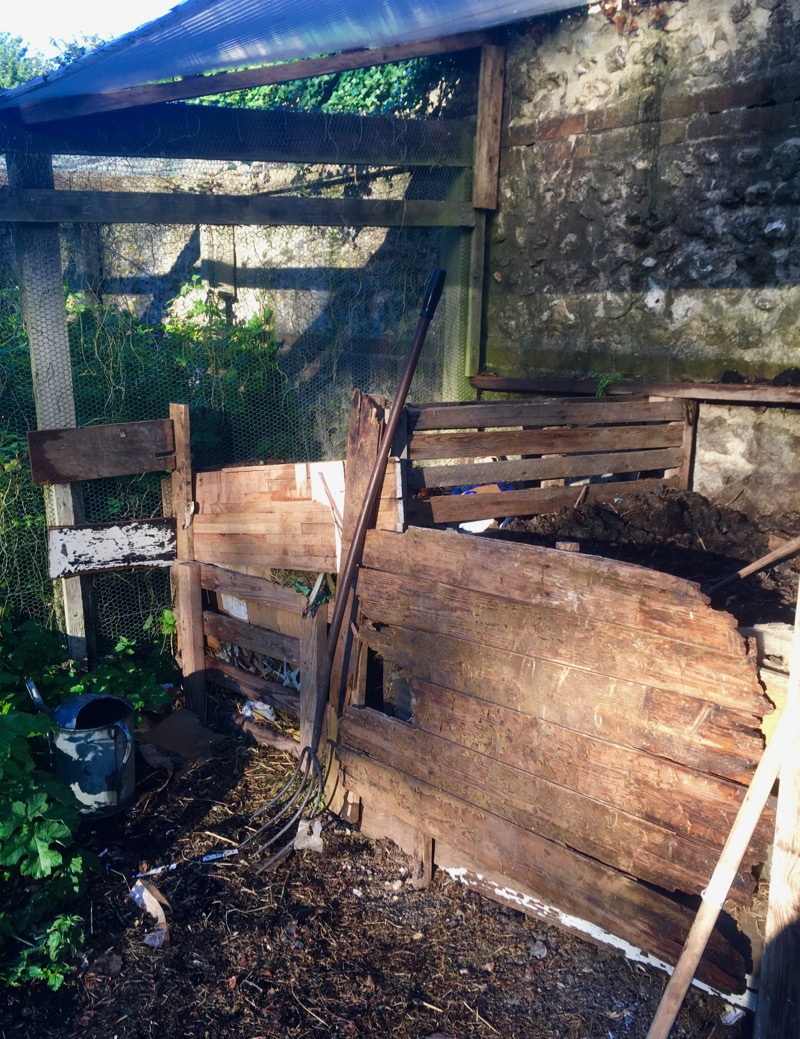
But my secret passion are the compost heaps. I have a row of five, all now elegantly roofed. In go waste peelings, paper, magazines, flyers, and cardboard boxes, tea bags and coffee grounds.Everyone is encouraged to pee on the heaps.
Compost is Buck-U-Uppo for the soil, and the bins themselves are made of bits of rubbish held together by a few nails. Shown here is a good fork for it, too. Old tools are best. The long wooden handle of an iron-headed hoe, which I keep razor sharp, very subtly bells out towards the end, so it doesn’t slip. Not a tool you can find in the garden centre.
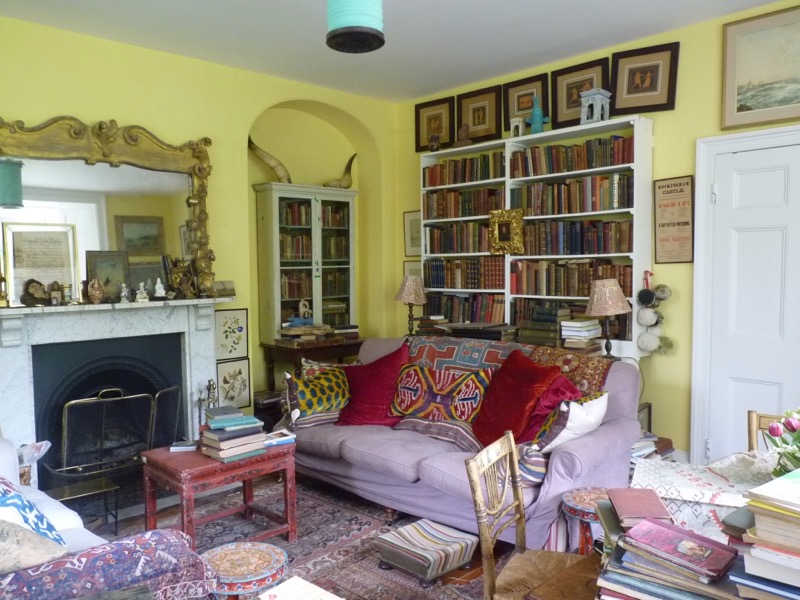
In Ottoman times, if anyone saw a scrap of paper on the street they’d pick it up and put it into a chink in the wall, in case the name of God was written on it.
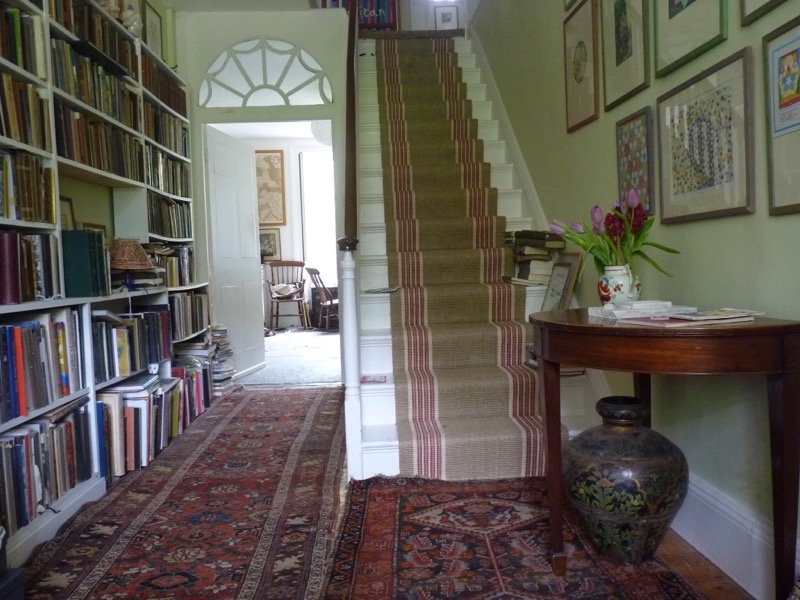
We are a bit the same with books, which are piled up the stairs and in every nook and cranny of the house.
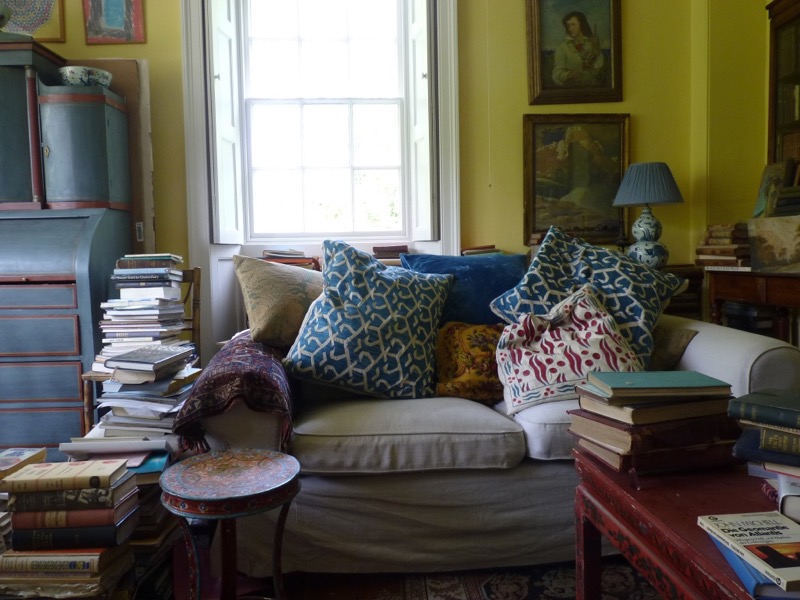
One visitor was pleased we had carpets on the tables and books on the floor.
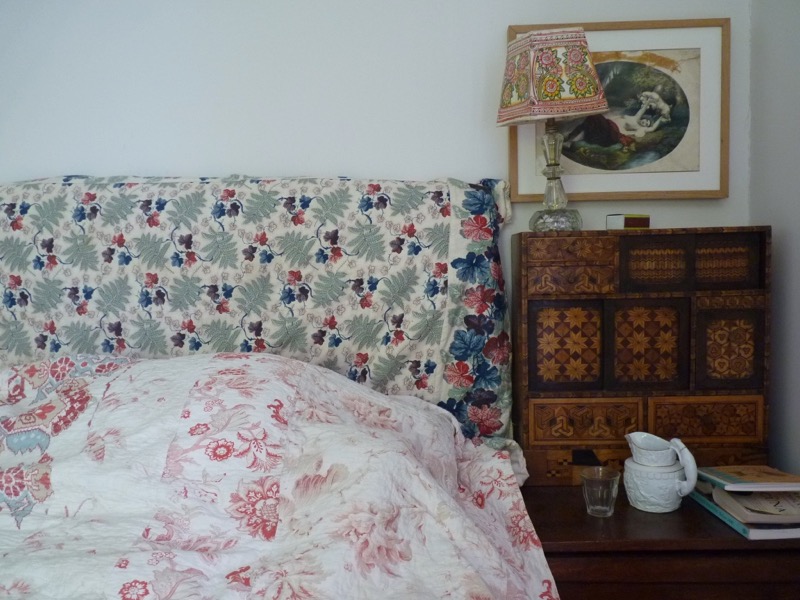
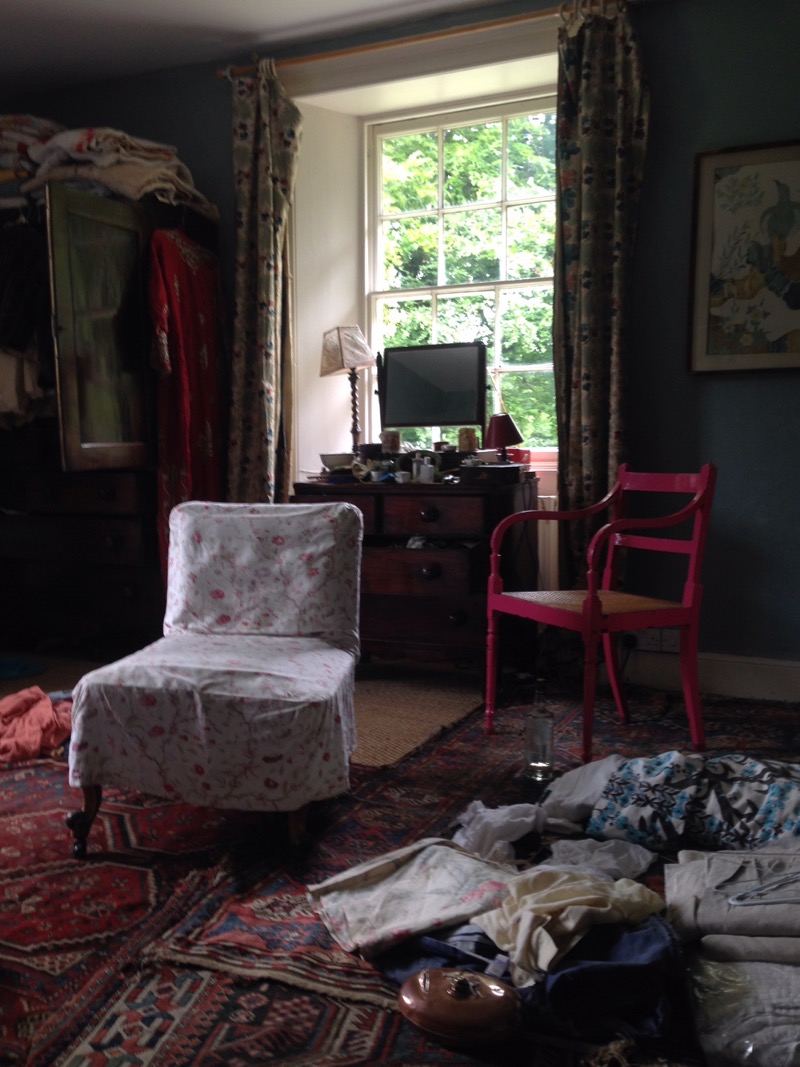
bedroom
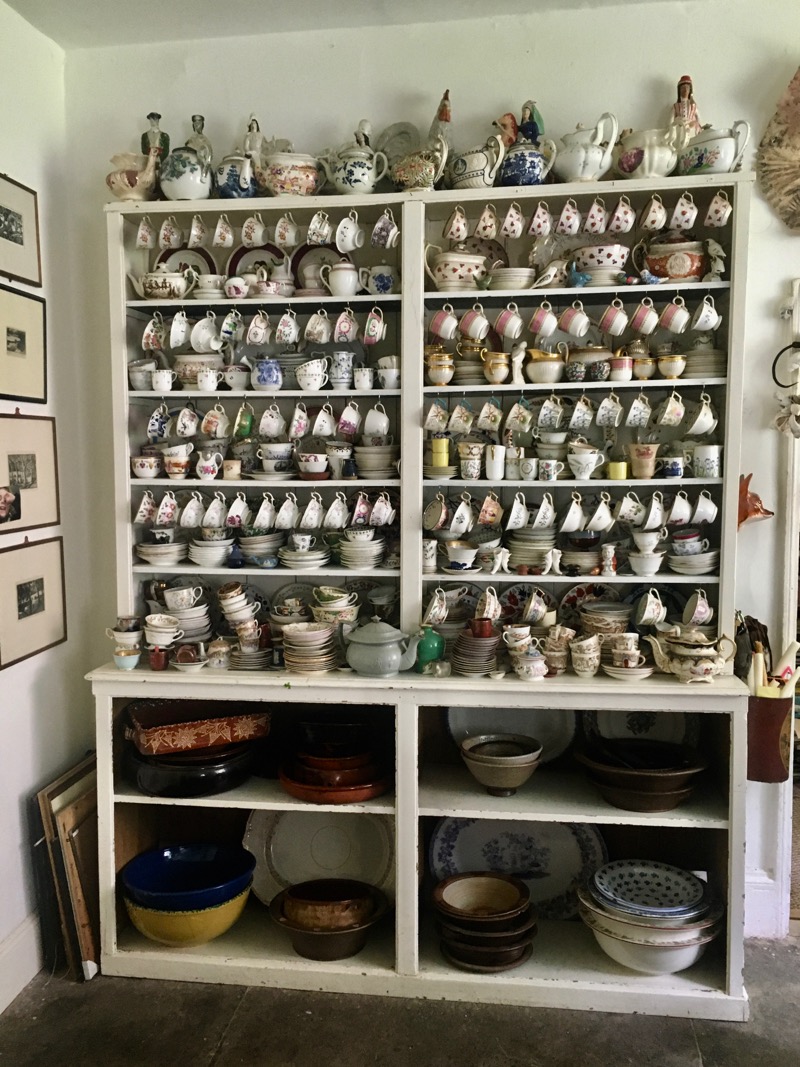
And of course, there’s china.
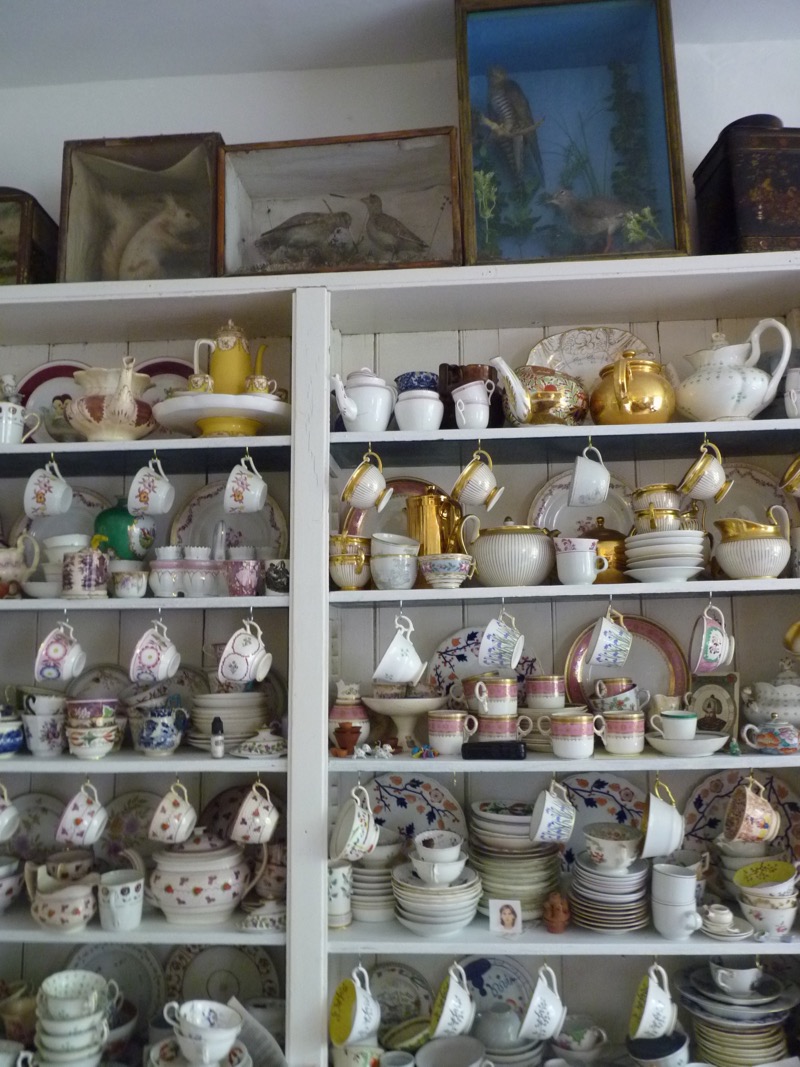
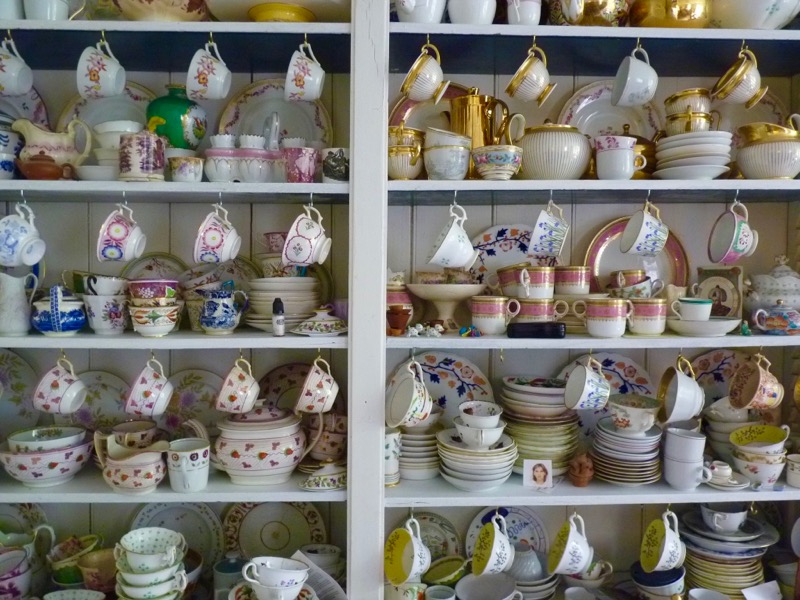
Kate’s eye for the stuff, tinkling across cupboards and dressers in the kitchen…
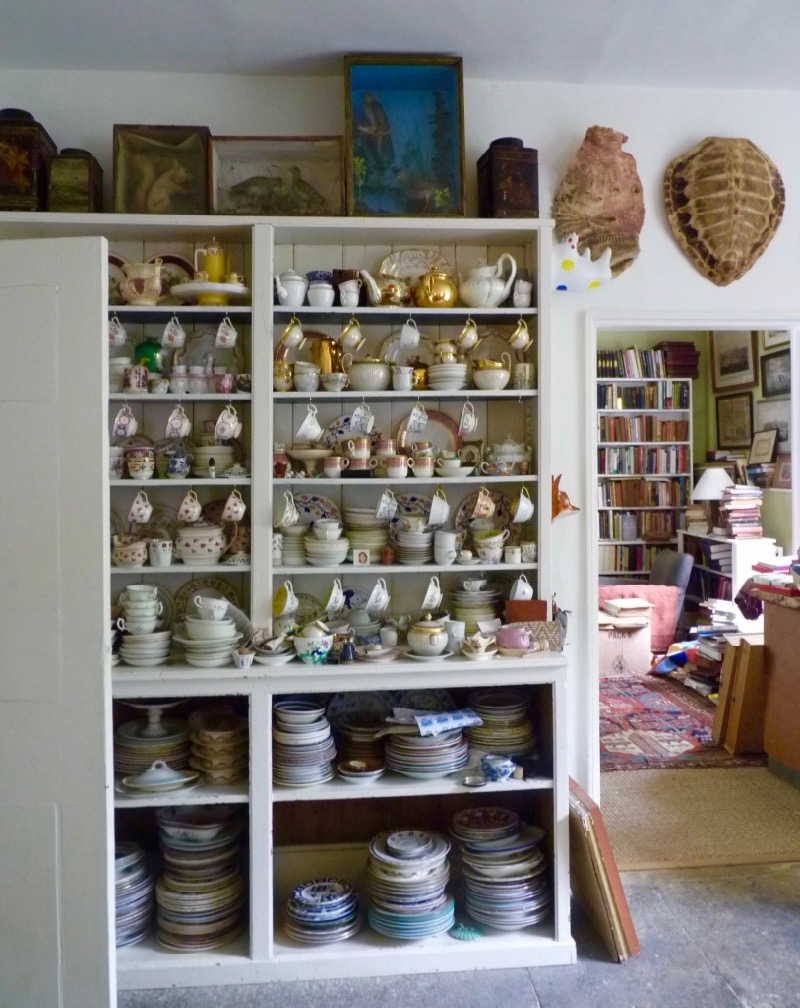
…has inspired a tease in which the children get up on each others’ backs and rush about the kitchen, legs flailing and roaring ‘China!!!’
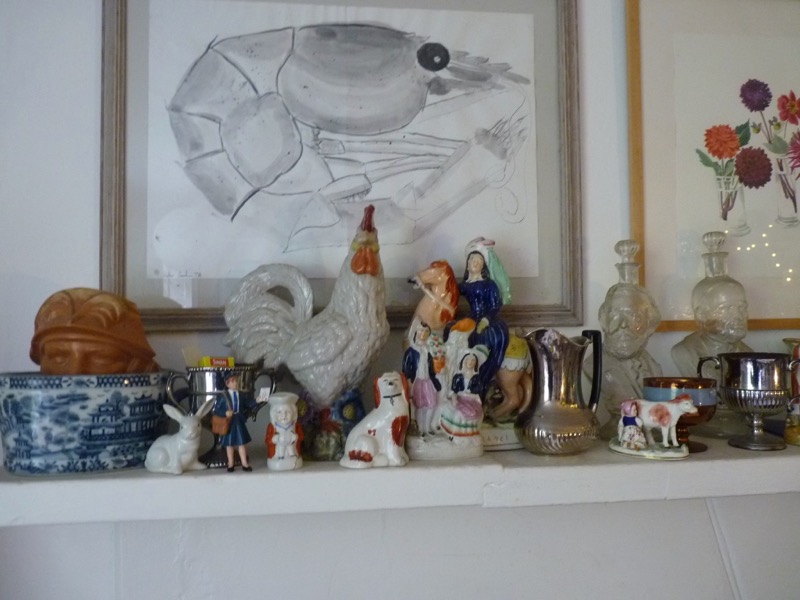
while she puts her hands up in horror and alarm.
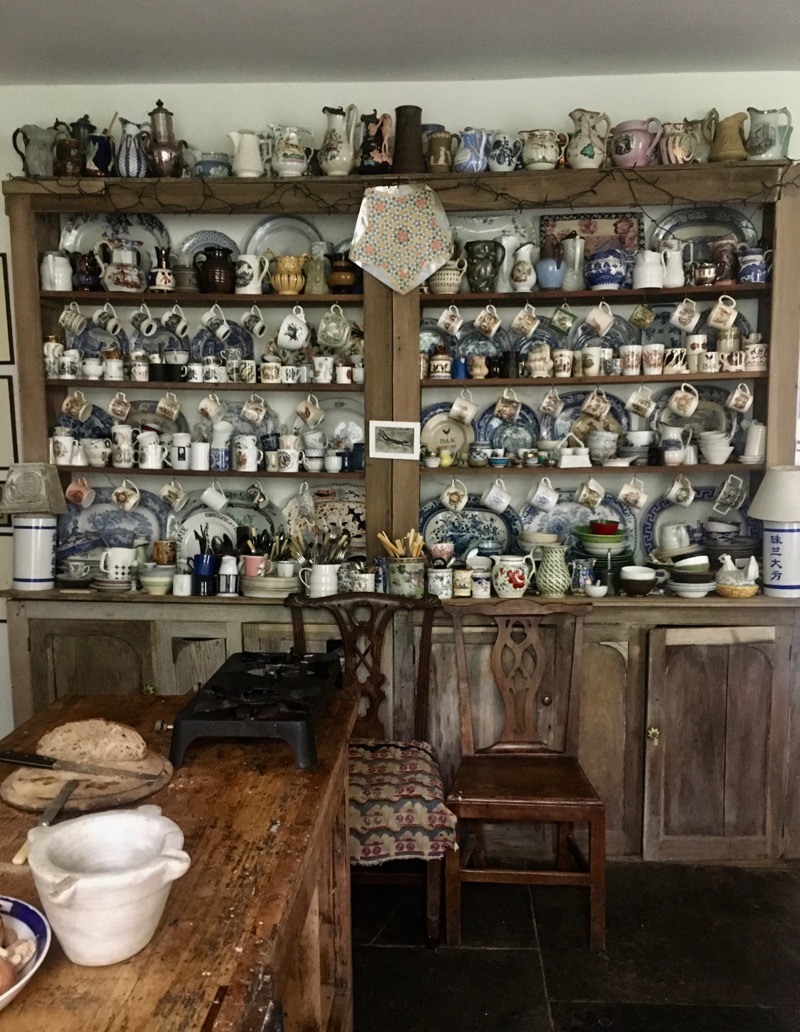
Lady Mary Wortley Montagu, who lived in Constantinople in the 1720s as the ambassador’s wife, thought the city was an ‘agreeable mixture of gardens, pine and cypress trees, palaces, mosques, and public buildings, raised one above the other’, reminding her, she wrote, of ‘a cabinet adorned by the most skilful hands, jars showing themselves above jars, mixed with canisters, babies [ie little cups] and candlesticks.’
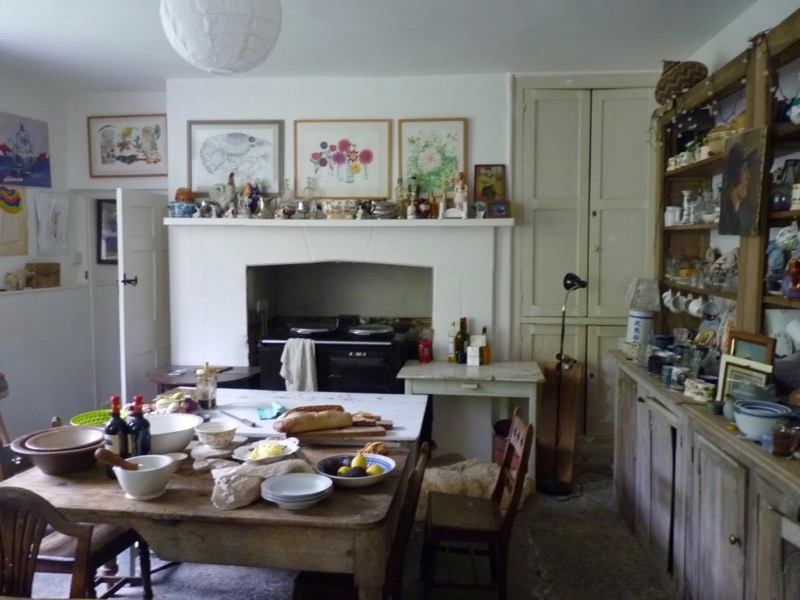
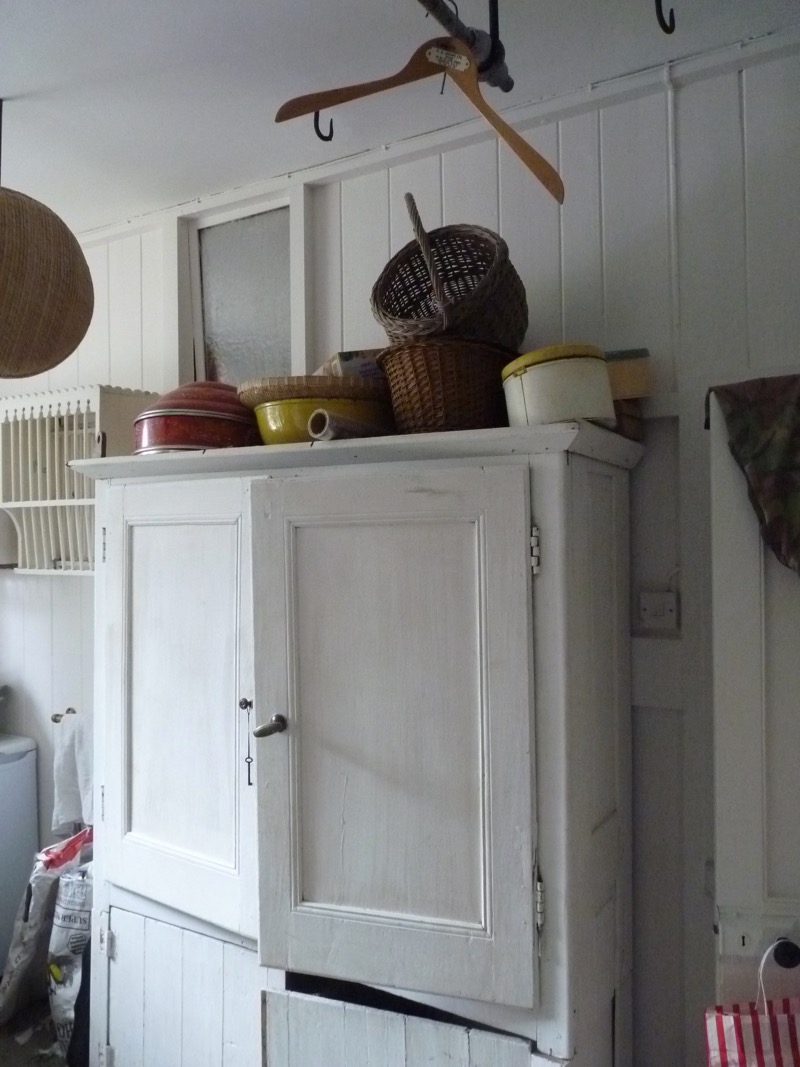
Back kitchen
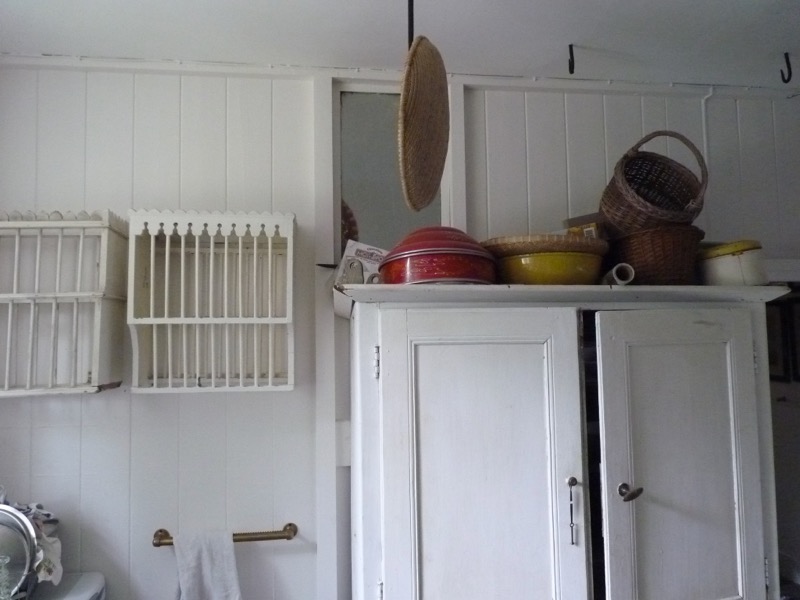
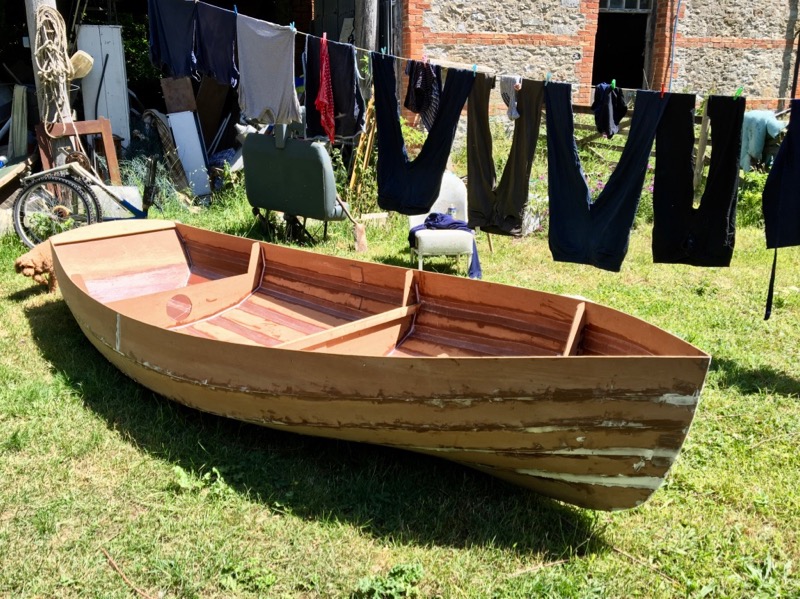
Izzy has been making me a boat….
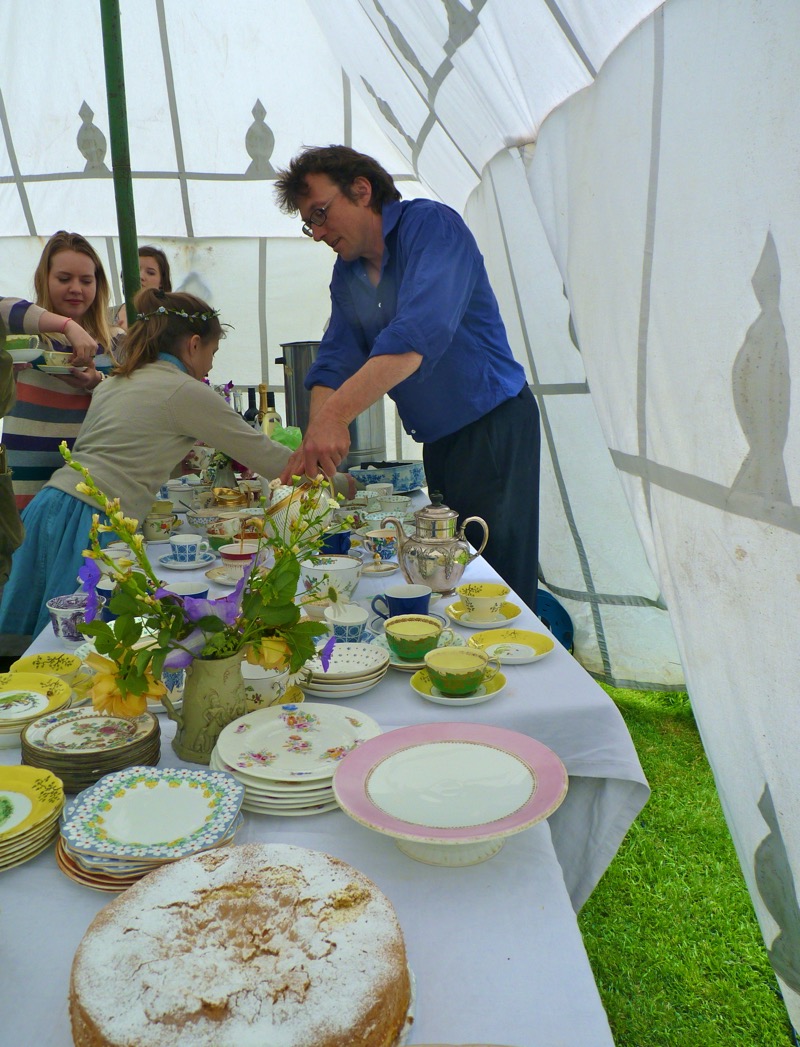
The Otts weren’t so sure about the sea, but I think Englishmen should go out. We are an island….
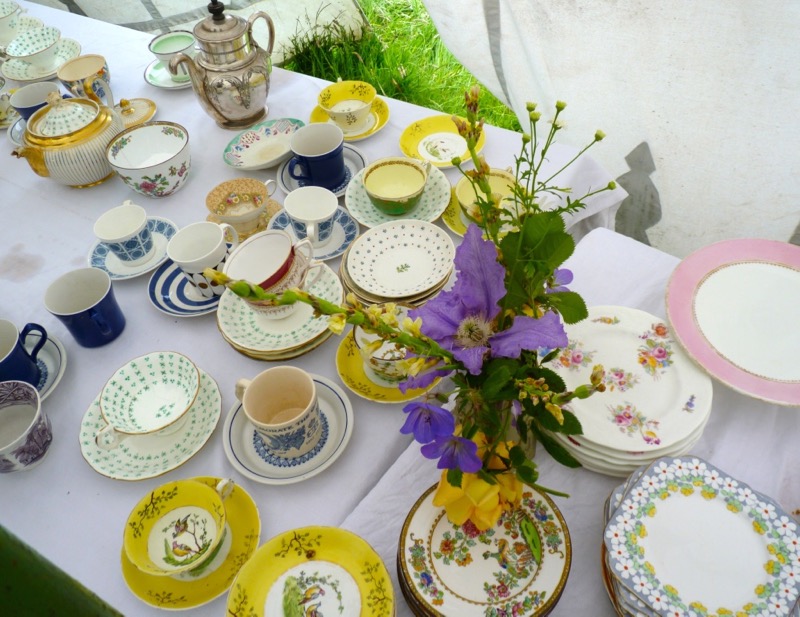
Books can be found at http://www.argonautbooks.com/the-country-kitchen/
Kate can be contacted on katelshgoodwin@gmail.com
For more: bibleobritishtaste/Buck the Trend
Very many thanks to Kate and Jason, all phtographs copyright bibleofbritishtatse.com / Jason Goodwin

Many years ago I found a book at the library by Jocasta Innes about painted fabric using house paint as I recall. I have no idea as to the name of the book and have searched for it, I would love to know the book title and hopefully obtain a copy at some point.
I just loved EVERYTHING about this article. Your wonderful house your garden all the books. My perfect house
British country life in full bloom. Marvellous.
Glorious STUFF! And chickens to boot…
Wonderful! I feel less alone now. I remember your mother Jocasta Innes’ books very well and just ordered The Thifty Home used – look forward to re-acquainting myself with it.
Loved your article. I ordered both your book on the History of the Ottoman Empire-and your Mom’s book re decorating! I am in the USA and loooove the BOBT!
thank you – I hope you enjoy reading about the Ottomans, and decorating yourself. My mother was always a bit vague about the Ottomans, and muddled them with the Byzantines. Same town, different style.
I certainly did enjoy “Lords of the Horizons.” Very thought provoking…especially in today’s world…
I deeply enjoyed this article. How lovely to see an imperfect home, made beautiful in the most gloriously disheveled, well-loved way. What a wonderful place!
Jason, Please write a nice short book about the Ottoman virtues.